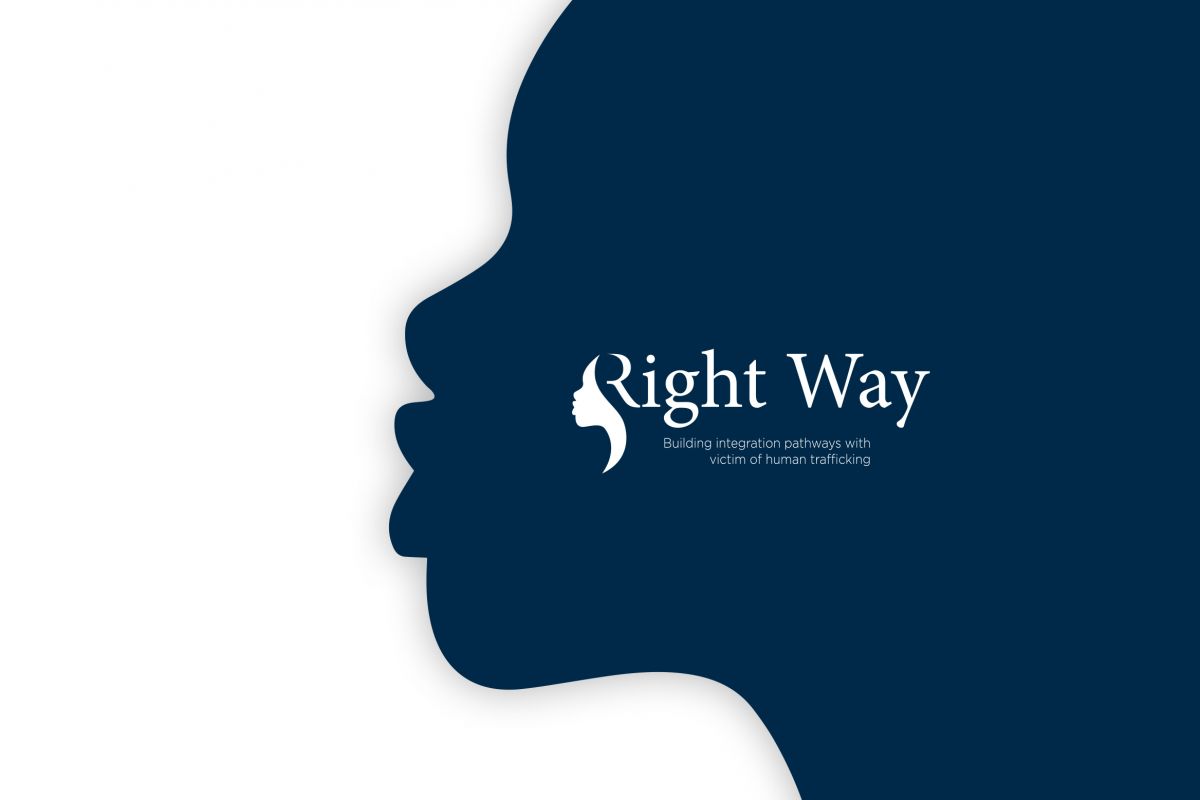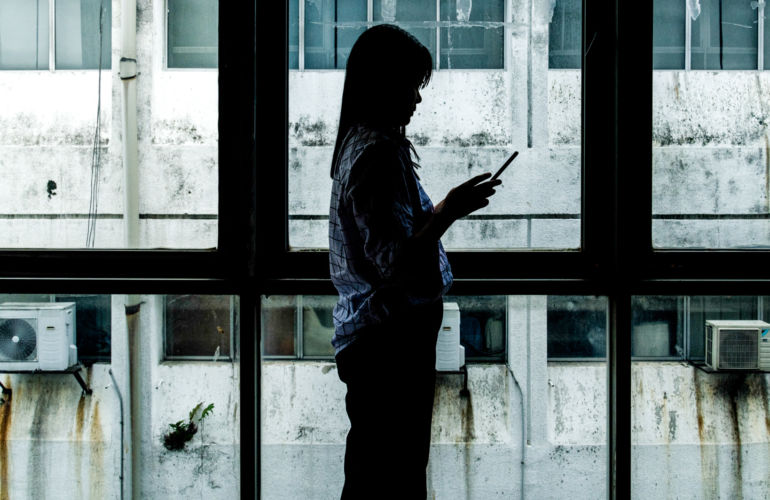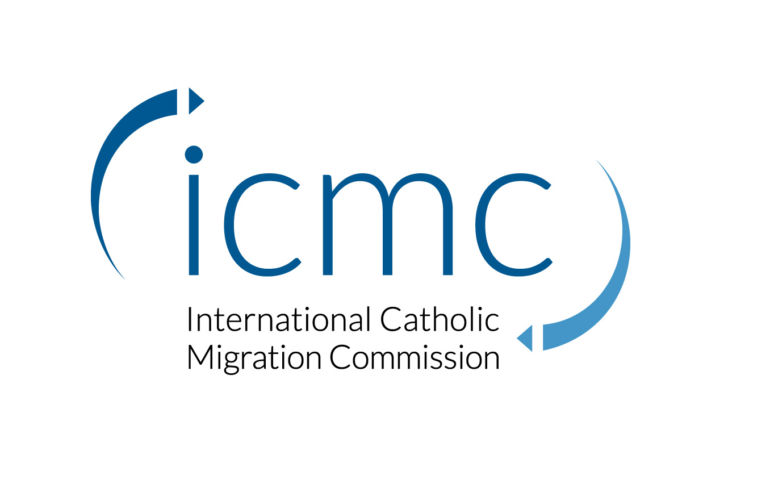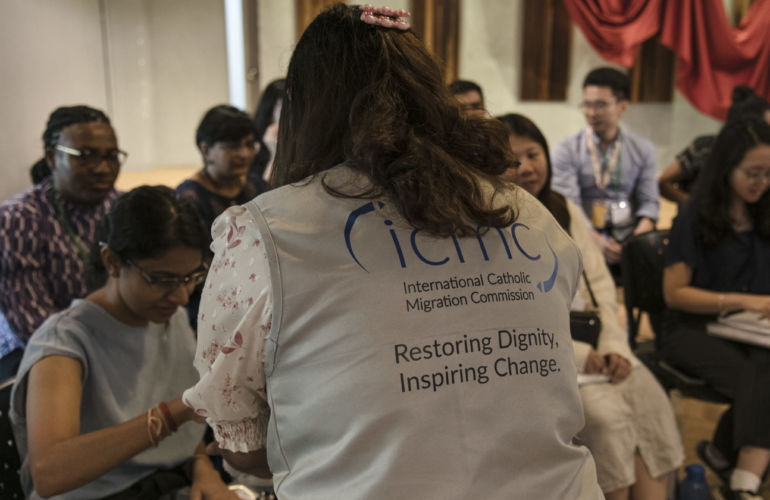Fostering Integration of Migrant Survivors of Sex Trafficking
When migrant women leave trafficking networks, they face many barriers to integration, including gaps in language and education, cultural differences, and trauma. The new “Right Way” handbook by ICMC Europe and its partners in the Right Way project is a comprehensive guide for NGOs, State agencies, and communities to facilitate survivors’ integration in Europe.

Leaving the sex trafficking network can be a daunting and often dangerous experience for survivors. But migrant survivors face additional barriers to building a dignified life. Without proper possibilities for integration into society, the probability that they will be revictimized and/or return to trafficking circles is high.
The “Right Way handbook” is a comprehensive new guide that facilitates survivors’ integration by identifying their needs and recommending appropriate services. The handbook studies the case of Nigerian women and girls in Italy.
The guide is complete with tools, concrete examples of good practices, lessons learned from pilot projects, input from survivors, and recommendations. It provides guidance for NGOs, State agencies, and communities involved in the lives of survivors of trafficking to facilitate their effective integration over time.
The guide’s first section describes current EU and Italian regulations, maps out the integration process, and depicts Nigerian women victims’ typical situation in Italy.
The second section of the handbook describes the different services necessary to achieve integration, dividing them into psychosocial support, vocational training and labor autonomy, and awareness-raising services in communities.
The third section of the guide is dedicated to examples of good practices in these various types of assistance.
According to EU regulations, survivors are allotted a reflection period during which they receive government assistance to cover their basic needs and medical treatments. This period is meant to allow them to free themselves of the influence of their traffickers and decide if they wish to cooperate with authorities in a criminal investigation. This investigation may help them to receive legal status, although this is rarely the case.
Nevertheless, migrant survivors face many challenges to integration. These include their migration status, language barriers, low levels of education, and unwelcoming communities. These challenges are most significant among minors, who make up a growing portion of survivors. For survivors with children, access to childcare is also an important barrier to attending vocational training or finding employment. These factors can hinder the economic integration that is essential to reaching full integration and freedom from abuse.
The handbook also shows how a survivor’s cultural tradition and psychological state must be considered at every step of the integration process. For example, some Nigerian survivors believe that their traffickers have placed a curse on them and are terrified to leave. Traffickers do use psychological mechanisms to control victims. These can create long-lasting harm that impedes victims’ sense of self and their ability to develop relationships and trust. Integration efforts must take these factors into account if they are to succeed.
“Although there are general themes and steps towards integration, the process will look different for every survivor. That’s why a person-centered approach is key ― taking into consideration the needs, desires, and limits of each individual,” says ICMC Europe project officer Abigail Maristela. “But integration depends not only on survivors. Sometimes long-term integration is impossible for reasons outside their control, such as the difficulty of receiving legal status. Communities need to do their part to contribute to integration by creating welcoming cities and policies, increasing access to services, and combating stereotypes.”
In the EU, Nigerian nationals constitute the largest number of victims of human trafficking of any country outside Europe. Between 2016 and 2019, over 20,000 Nigerian women and girls came to Italy via the Mediterranean. According to the UN, some 80% of them are either victims of human trafficking or at high risk of becoming victims.
The handbook was released on 18 October 2020 on the European Anti-Trafficking Day. It is the product of collaboration between ICMC Europe, Secours Catholique – Caritas France, the Pope John XXIII Community, Comunità Progetto sud, the Caritas Trieste Foundation, the Caritas Pescara – Penne Foundation, the Diakonia Onlus Association, the Associazione Farsi Prossimo and Caritas Senigallia, with contributions from the Mandala and Jonas Italia Association and the Amaranta Solidarity Foundation.
The handbook launch marks the end of the 2019-2020 Right Way project, whose aim was to provide a path towards social inclusion for Nigerian women victims of human trafficking in the EU. The project includes a comparative literature review of integration across Belgium, France, Italy, the Netherlands, Spain, and Sweden, a mapping of good practices, and seven pilot projects in Italy. Later this year, the project will also launch an interactive online tool that presents pathways to integration later this year.
- Read the Right Way handbook in English, French, Italian and Spanish



